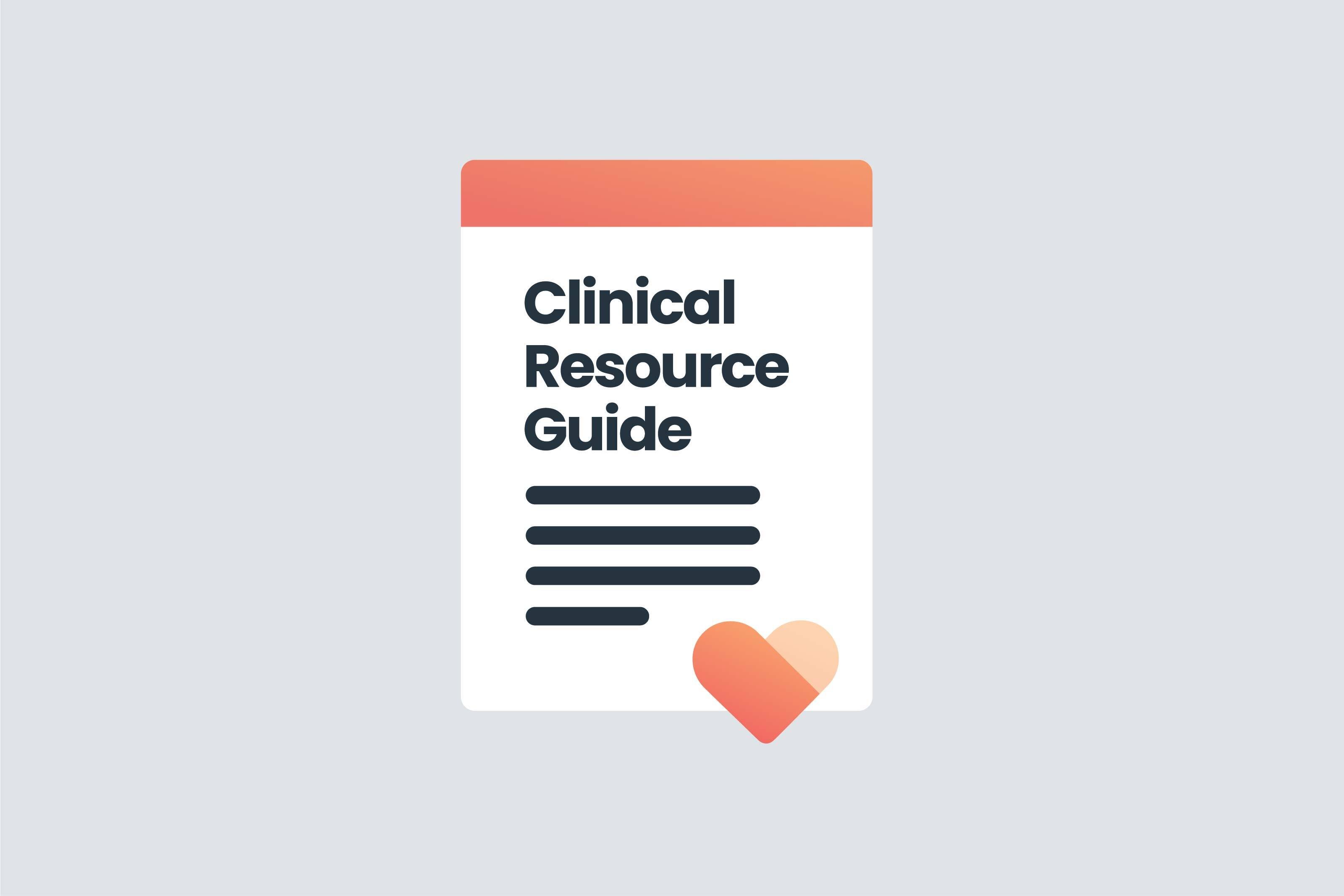2 min read
Patient Resource Guide: Managing Constipation
 Rebecca Christensen, PharmD
Aug 6, 2025 11:30:00 AM
Rebecca Christensen, PharmD
Aug 6, 2025 11:30:00 AM

While uncomfortable, constipation can be managed using one or more of several strategies designed to prevent and alleviate symptoms.
OVERVIEW OF CONSTIPATION
Constipation is a common issue for patients in hospice care, characterized by infrequent bowel movements and/or difficulty passing stool. It can be caused by various factors including medications, reduced mobility, dehydration, and dietary changes.
COMMON CAUSES OF CONSTIPATION IN THE HOSPICE SETTING
In hospice care, constipation often arises due to multiple factors such as:
|
COMMON CAUSES OF CONSTIPATION IN THE HOSPICE SETTING |
||
|
Decreased physical activity |
Decreased fluid intake |
Decreased nutrition |
|
Dietary changes |
Pain medication side effect |
Narrow bowel |
COMMON SYMPTOMS OF CONSTIPATION
Constipation presents in a number of different ways, but not all symptoms experienced may be so obvious. While straining when having a bowel movement may be a clear indication, other symptoms like nausea or abdominal pain may be more difficult to connect to constipation, as other diseases may be associated with similar symptoms.
COMMON SYMPTOMS OF CONSTIPATION IN THE HOSPICE SETTING |
||
|
Abdominal discomfort/pain |
Infrequent bowel movements |
Difficulty passing stool |
|
Straining during bowel movements |
Incomplete clearing of stool during bowel movements |
Loss of appetite or decreased food intake |
|
Abdominal bloating |
Nausea or vomiting |
Rectal bleeding |
|
Hard or lumpy stool |
Restlessness |
Irritability |
NON-MEDICATION MANAGEMENT FOR CONSTIPATION
|
TREATMENT |
PROPOSED EXPLANATION FOR BENEFIT |
|
Adequate Hydration |
Ensuring sufficient fluid intake helps soften stool, making it easier to pass. If possible, aim for at least 8 cups per day |
|
High-Fiber Diet |
Foods rich in fiber, like fruits, vegetables and whole grains promote regular bowel movements |
|
Activity |
Gentle physical activity, if possible, aids in stimulating bowel function and reducing constipation |
|
Consistent Bowel Routine |
Establishing a regular time for bowel movements encourages consistency in the body’s natural rhythm |
MEDICATION TREATMENT OPTIONS FOR MANAGING CONSTIPATION
STIMULATING LAXATIVES |
|||
|
Medication |
Usual Adult Dose |
Time to Action |
Side Effects |
|
Bisacodyl |
10mg po daily 10mg rectally daily |
6-10 hours 15-60 minutes |
gastric irritation rectal irritation |
|
Senna |
1-2 tablets (8.6mg/tab) po daily to BID |
6-12 hours |
gastric irritation, bloat |
|
OSMOTIC LAXATIVES |
|||
|
Medication |
Usual Adult Dose |
Time to Action |
Side Effects |
|
Polyethylene Glycol (Miralax®) |
8.5 (1/2 capful)-34g (2 capfuls) in 8oz |
6-10 hours 15-60 minutes |
nausea, bloating, cramping |
|
Lactulose |
10g/15mg to 20g/30ml up to BID |
8-24 hours |
abdominal bloating, flatulence |
|
Sorbitol |
30g (120mg of 25% solution) daily |
24-48 hours |
abdominal bloating, flatulence |
|
Glycerin |
1 suppository rectally daily |
15-60 minutes |
rectal irritation |
|
Magnesium citrate |
200ml (11.6g) po daily |
30 minutes to 3 hours |
watery stools, urgency, electrolyte abnormality |
|
Magnesium hydroxide |
5-15ml as needed up to 4 times daily |
30 minutes to 6 hours |
|
|
Magnesium sulfate |
1-2 tsp (5-10g) in 240ml of water daily |
30 minutes to 3 hours |
|
|
STOOL SOFTENER |
|||
|
Medication |
Usual Adult Dose |
Time to Action |
Side Effects |
|
Docusate |
100mg 1-2 times/day |
24-72 hours |
well tolerated |
These medications work in different ways to prevent and/or treat constipation. Even if you or your loved one is not eating as much as they normally do, or than they did before getting sick, it is important they still have a bowel movement at least every 2-3 days.
Patients on opioid therapy (morphine, hydrocodone, oxycodone, hydromorphone, fentanyl or methadone) usually require regular use of a stimulating laxative (senna, sennosides or bisacodyl) in order to counteract the effect of the pain medication slowing bowel activity. Docusate (Colace) or polyethylene glycol (Miralax) alone are often not enough to prevent constipation when the patient is taking these pain medications.
If you have not had a bowel movement in three days or are feeling any of the constipation symptoms noted in the table above, please contact your hospice team so changes can be made to your medications to resolve the issue.
SUMMARY
To successfully manage constipation in the hospice care setting, a mixed approach to therapy is often required, using both non-medication approaches and medication. Understanding factors that contribute to constipation and using the appropriate medications can significantly reduce the risk of experiencing this uncomfortable (even dangerous) symptom.

Seizure Management Clinical Resource Guide
Seizure management can be challenging in any patient population, but especially in the hospice patient, who is often without IV access and in the...

Clinical Resource Guide: Appetite Stimulants
Appetite stimulants are often considered for patients experiencing significant weight loss or anorexia related to their underlying terminal...

